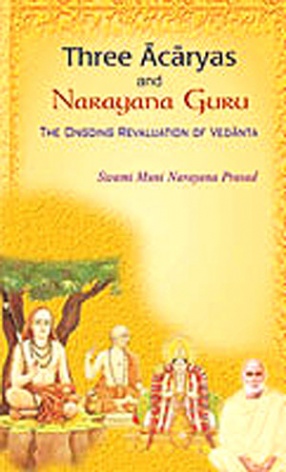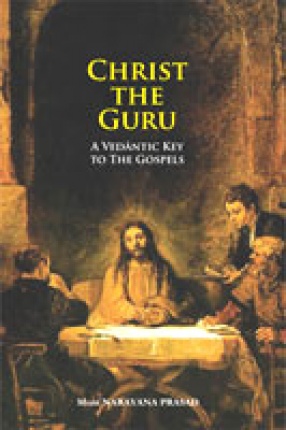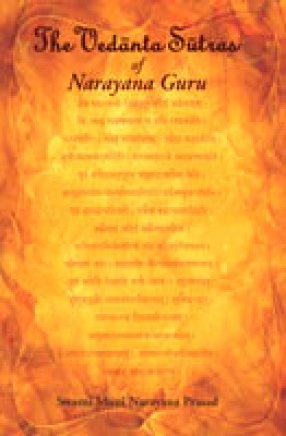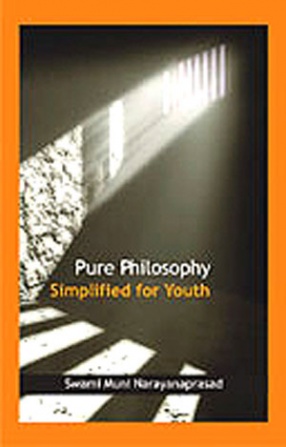Shankara, Ramanuja and Madhva are considered the three acaryas of South India who commented on the three basic texts of Vedanta, that is, the Upanishads, the Brahma-Sutras and the Bhagavad-Gita, and therefrom originated the three major schools within the Vedanta fold — Advaita, Vishishtha advaita and Dvaita respectively. This volume is concerned with the philosophy of the famous saint-teacher Narayana Guru and his perspectives on the philosophies of the three acaryas.
The book uses the philosophy of Narayana Guru as the guide to study and compare the philosophies of the acaryas. It begins with the life sketches of the three acaryas and discusses their philosophies, especially the various specific viewpoints they maintained and the points on which they disagreed. It explores the ideas of the acaryas on avidya and maya, atomicity of the self, consciousness and the self, tat tvam asi, karma and reincarnation and the ultimate liberation. It also scrutinises their use of terms like that of atha which literally means "now then". It examines the perception of Narayana Guru vis-a-vis the particular philosophical positions in a unified manner. It also contains the full text, transliteration and translation of the original Vedanta-Sutras of Narayana Guru.
The volume will interest students and scholars who are engaged in advanced studies on the philosophy of Vedanta, and persons keen on acquainting themselves with the philosophy of Narayana Guru.








There are no reviews yet.